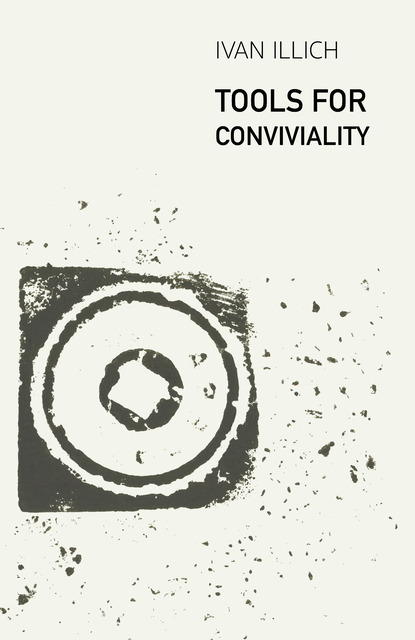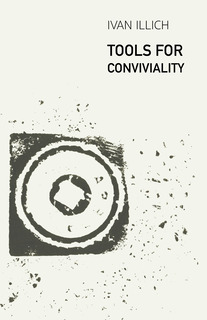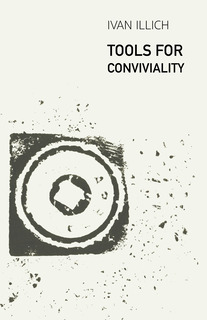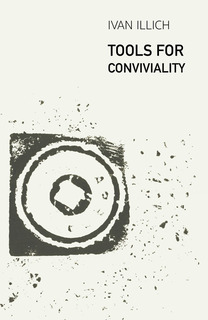LIBRARY COLLECTIONS
Complete CollectionEncounters & Identities
ACCESS
Two electronic editions are available to subscribers:
Access the eBook from the Read Online tab (via institutional or personal credentials). Access the Interactive Edition by logging in (bottom of page) with password. For assistance contact info@equinoxpub.com




